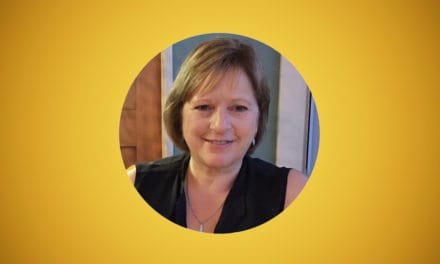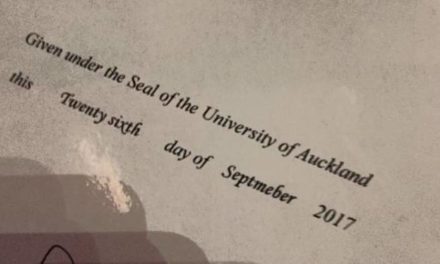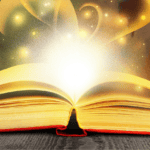Although contemporary education is now more accessible and influenced by new technologies than ever before, proofreading processes are still as valuable and relevant for scholars as in previous eras. In a general sense, proofreading involves a close and careful reading of any document to find and correct a variety of typographical, grammatical, and spelling errors and checks for accuracy and consistency. For academic clients, proofreading checks continue to be a critical part of quality control before sending the final version of any writing for evaluation or publication.
The New Zealand Institute of Business Studies (NZIBS) Proofreading & Editing course enables participants to learn fundamental proofreading skills applicable to fields like academic writing.
What is academic writing?
Scholars and students primarily produce academic writing under the umbrella of universities or colleges.
Proofreaders may encounter two main categories:
- Students produce essays, assignments, and research papers as outcomes of their learning programmes. At this level, students are non-expert writers, learning about appropriate phrasing and expression of ideas and how to work with the style guide requirements for specialised fields of knowledge.
- Scholars turn out a more exacting variety of academic writing in the process of creating new content and knowledge to be published in academic journals in paper or electronic formats.
Although both levels of writing serve different purposes within higher education, they share some common characteristics. In simple terms, academic writing exists to formulate an argument as clearly as possible and requires an emphasis on facts rather than personal opinions. The language used by universities is generally more formal, objective and impersonal than in creative writing, print media, or other contexts. Academic writing avoids any personal and emotive expression to ensure the focus is on a line of reasoning that most readers can follow.
What is modern academic writing?
In previous centuries, reading and writing were generally the preserve of elite social and religious classes, and education was inaccessible to the vast majority of people. However, over time, literacy skills have become more prevalent as part of the ongoing democratisation of education.
Increased access to education also produces some serious challenges related to maintaining the overall quality and integrity of content. Scholars who produce material for the global academic publishing market face demands for higher production and less opaque, jargon-filled language. As both content consumers and responsible for producing the writers of the future, universities grapple with quality issues in student writing influenced by machine-produced text and social media.
In response to these trends, academic authorities generally agree that contemporary academic writing still needs to demonstrate, more than ever, the following style features:
- Clear expression when making an argument, keeping sentences and paragraphs short rather than employing unnecessary padding and verbosity.
- Accurate terminology that makes relevant points and ensures terms are appropriate to the particular field of knowledge.
- Proper acknowledgement of information sources to avoid plagiarism.
What is required to become a proofreader of academic writing?
Proofreading academic writing uses the same skill set required for checking all other types of writing. These include the ability to run checks of grammar, spelling and punctuation, and look at more in-depth issues related to style and structure for clients. However, proofreaders also need to understand the most significant difference between academic and other forms of writing relates to the need for citations and referencing published authors.
To establish one’s credentials, proofreaders may find the following attributes advantageous:
- Familiarity with the main referencing styles like MLA, Harvard, APA, etc.
- Personal experience with academic writing as part of undergraduate or post-graduate studies.
- Demonstrable subject matter expertise in an academic discipline and, or a personal publication record, e.g. science, mathematics, English literature, the Arts, etc.
In New Zealand, all universities adhere to strict guidelines for third-party editing and proofreading, so it is advisable to be familiar with them before offering services to students. Universities also do not provide in-house proofreading services for students, nor do they advocate for particular providers. However, some institutions supply lists of approved proofreaders of theses and dissertations. To get included in these lists, it is usually necessary to undergo an approval process and supply references for recently completed and relevant proofreading work.
Worldwide, the academic journal publishing industry also services many commercial and non-profit markets. When looking for work as a proofreader in this field, it can be helpful to be a published academic author, familiar with multiple style guides and reference systems, and the general structure of books.
Previous educational experience in one or more specialised knowledge fields and familiarity with the main style guides used for undergraduate and post-graduate studies may be advantageous for proofreading student academic writing.
There are other additional factors critical for success as a general or academic proofreader. Most of these involve acquiring unique proofreading skillsets only available through a professional training course. For example, a proofreader needs to appreciate the importance of adhering strictly to a brief and the detrimental consequences that may follow if they go beyond its scope. Also, knowing how to query and when to leave things alone is vital for ensuring positive working relationships and gaining ongoing business.
Want to get paid to find spelling misteaks?
Did you spot it? Do spelling “misteaks” jump off the page at you? Train to become a professional proofreader. Create new career opportunities. Study from home, at your own pace. Learn from industry experts.










